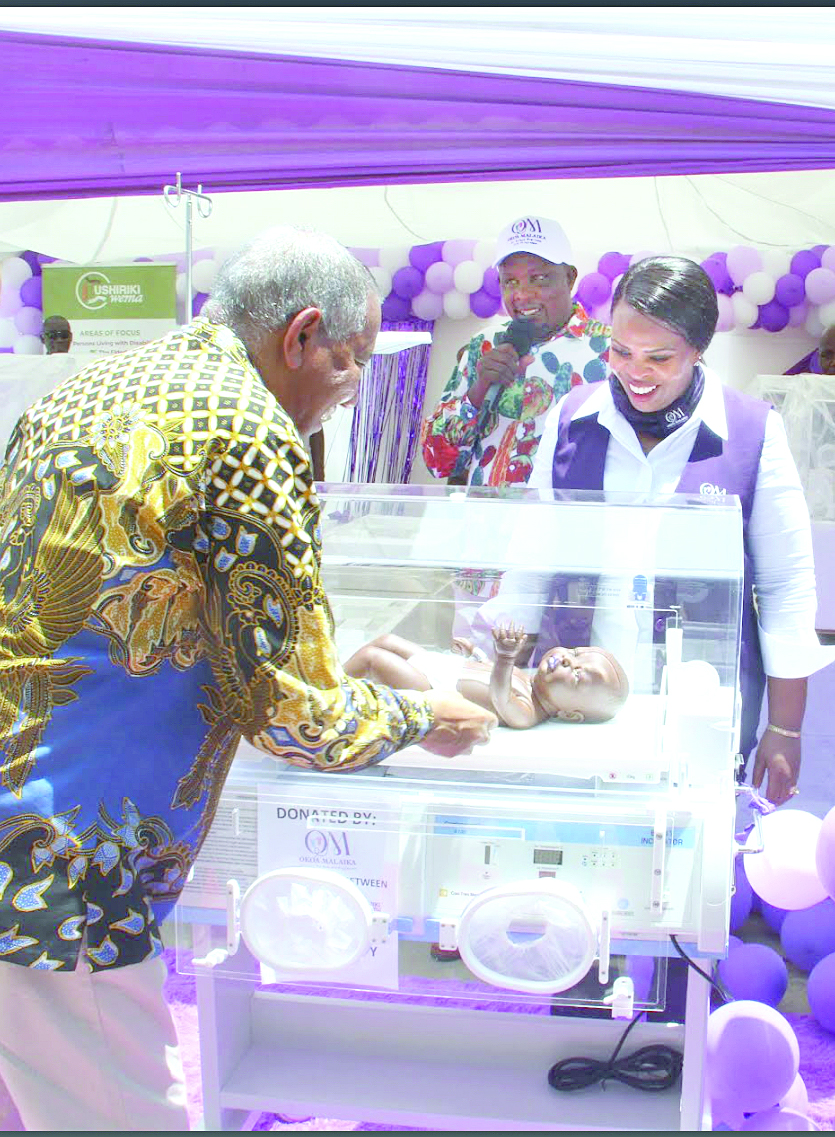An expectant mother battling diabetes, hypertension or other ailments is likely to give birth to a baby too soon, and the chance of the infant dying is almost 100 per cent.
One every 10 babies born in Kenya, is preterm (born too soon), and every 40 seconds, one of those babies dies, the latest statistics from UNICEF show.
With this in mind, a health specialist has warned that previous preterm labour or premature birth, pregnancy with twins, triplets or other multiples, and problems with the womb or birth canal are likely to expose the foetus to early birth and death.
As Kenyans joined the world to mark this year’s World Prematurity Day, Laura Oyiengo, UNICEF Kenya health specialist in maternal and newborn health, stressed the urgent need to improve the quality of care for preterm babies and other newborns.
“Babies born prematurely are at a high risk of death due to infections, hypothermia and other conditions brought about by an immature body system,” she said in a statement from the agency.
Long-term impact
Whereas there might be some long-term impact of being born too soon, Oyiengo explained that such babies do not have fully developed systems or immunity.
“They also do not have enough body fat [and are] therefore not likely to withstand infections, and [are] further likely to succumb,” she added.
In 2020, it was estimated that about 127,500 babies were born too soon in Kenya, accounting for about 12 percent of all live births, according to the 2023 “Born Too Soon” report.
“Prematurity is one of the top three causes of neonatal mortality in Kenya, causing one third of all deaths in newborn babies,” Oyiengo said.
The 2023 Kenya Health Information Services showed that the other two causes of death among preterm babies is birth asphyxia and infections/sepsis.
In another revelation, there are no identifiable risks or causes for premature labour in a majority of cases, making prevention of preterm delivery difficult.
Themed “Small Actions, BIG IMPACT: Immediate Skin-to-Skin Care for Every Baby Everywhere”, this year’s World Prematurity Day message emphasises the importance of immediate skin-to-skin contact for newborns and celebrates its significant, positive effect on a baby’s health and development.
Prematurity refers to babies being born alive before 37 weeks of pregnancy are completed. It is the leading cause of death in children under age five.
Turning the tide
Globally, 13.4 million babies were born preterm in 2020, representing 9.9 percent of total live births.
Over 60 percent of preterm births are born in sub-Saharan Africa and South Asia.
UNICEF is working with the national government and counties to turn this tide in favour of children born before their time is due, she said.
“UNICEF supports the Ministry of Health … and collaborates with other partners to ensure that preterm babies receive high-quality, comprehensive health care,” she said.



















